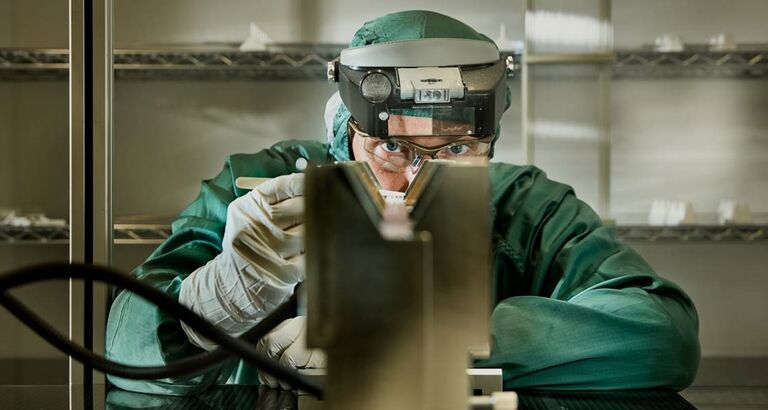

New project will ensure better textile sorting and less food waste
We use artificial intelligence (AI) to translate the content on our website. This web page has been machine translated. If there are any uncertainties, please refer to the Danish text.
September 22. 2023
